Feature: Are Eco-Friendly Cars Expensive to Own?
Clean Fleet Report
JULY 9, 2022
They found that hybrid and alternative fuel vehicles (especially electric cars) easily saved their owners money when looking at the purchase price, fuel costs and regular maintenance. Costs of Charging vs. Fueling. Charging (fuel) is one area where EVs save. Hybrids and EVs can cost you less.

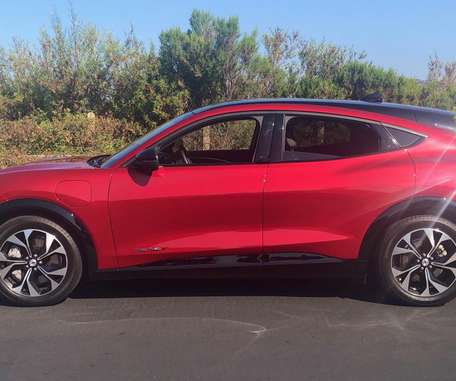
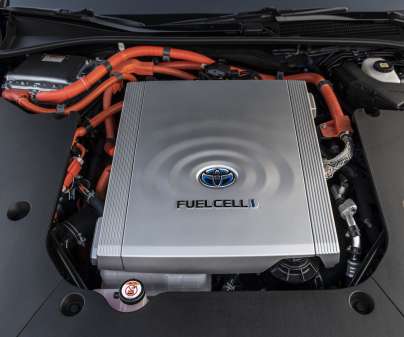
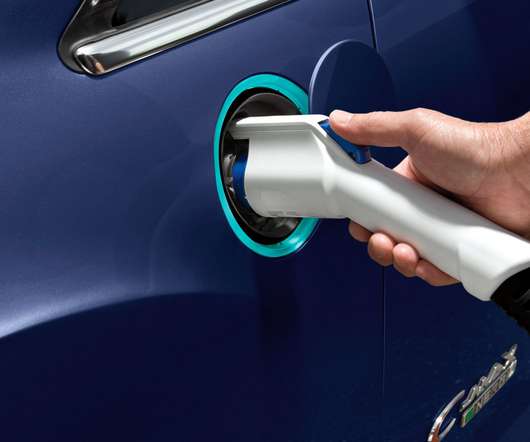




















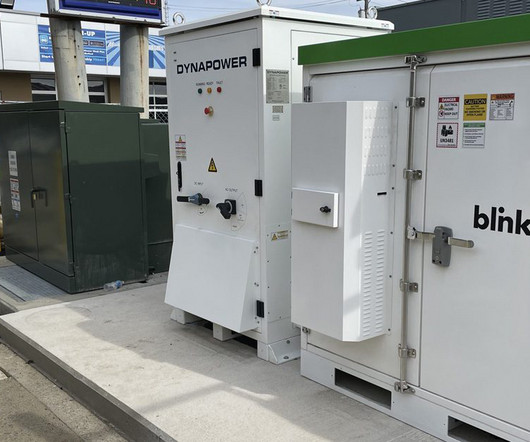
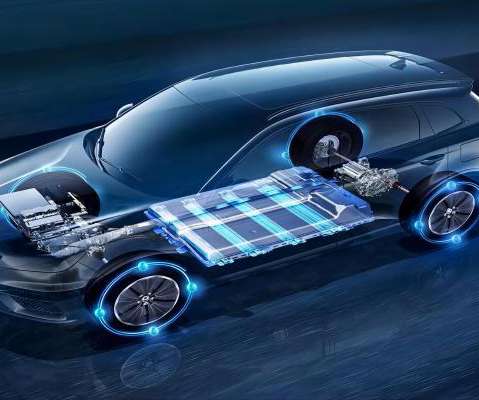





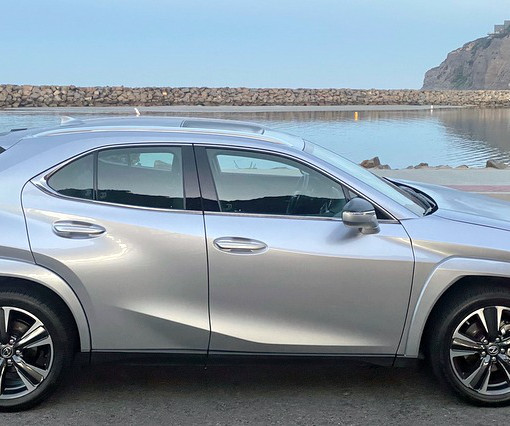


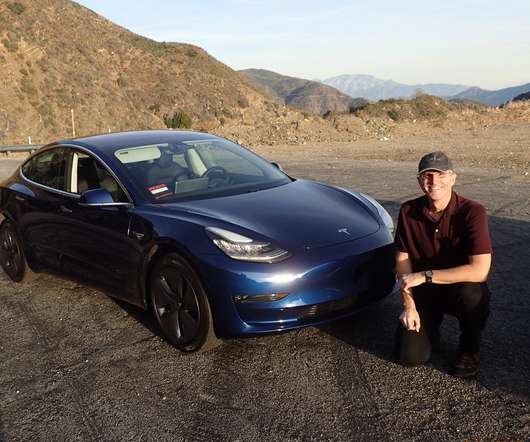
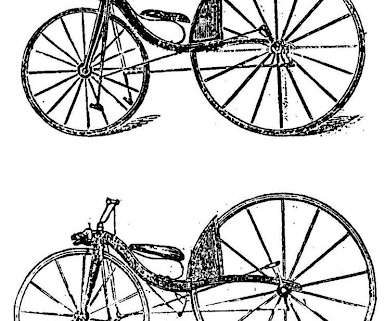
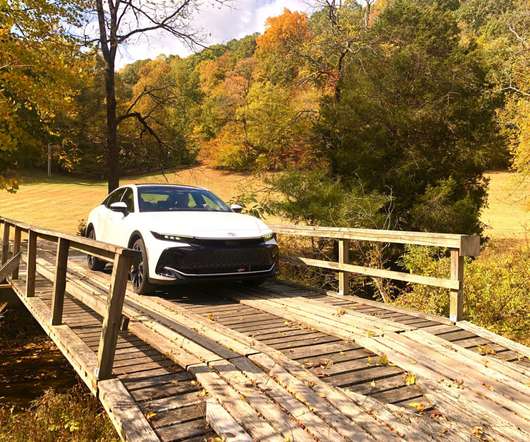
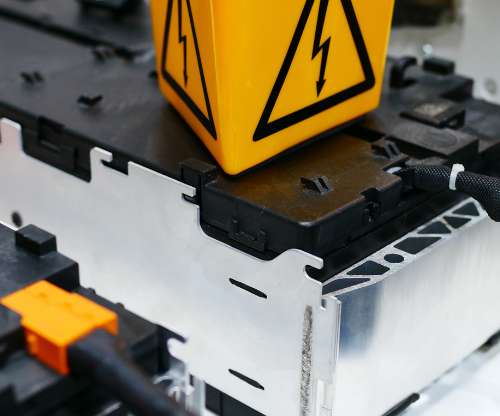






Let's personalize your content